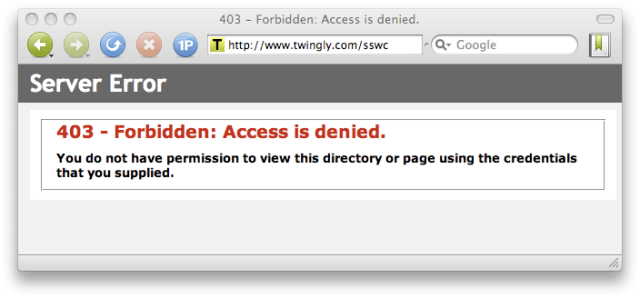
by Pedro Madeira Froufe, Editor
and Joana Covelo de Abreu, Junior Editor
▪
Competition, Public Procurement and Citizenship
Last 18th April 2016, the transposition deadline for new public procurement Directives passed: Directives 2014/23/EU, 2014/24/EU and 2014/25/EU. The first one deals with the award of the concession contracts and the latter have to do, respectively, with public procurement (and repealing Directive 2004/18/CE) and procurement by entities operating in the water, energy, transport and postal services sectors (repealing, for that matter, Directive 2004/17/CE).
Public procurement has a fundamental role in the European Union, namely in the EUROPE 2020 Strategy context, since it appears as an internal market instrument that is adequate to promote a sustainable development, an intelligent and inclusive growth, aiming, equally, a more reasonable use of public funding. Besides, public procurement regulation, in the European context, always prosecutes competition’s preservation and reinforcement – the background where internal market edification was set.
With those new Directives, there were some aspects of the previous regime that were revised, namely the European thresholds (which define the scope of application of European rules on public procurement). Those were supposed to be updated every two years if necessary. Still, a new proceeding was created: the innovation partnership established between the contracting entity and the participants, which allows setting successive stages and intermediate objectives. E-procurement gains a more relevant role.
According to information provided by European Institutions, public procurement contracts have a significant weight in Member-States economies, representing about 16% of the Union’s GDP. But before public procurement had been regulated by the European Union, only 2% of economic operators that had won public contracts were non-national companies. In this perspective, application of Internal Market rules (namely freedom to provide services and free competition) allowed a better usage of public resources and a better and more fruitful competition, demanding economic operators in the European context to improve their services and to provide them to a lower price (to a more competitive price). With public procurement Europeanization there was also a reinforcement of transparency and equality principles’ respect and a diminishing of fraud and corruption’s risk.
As stated, competition policy always ends up to be in the base (even when indirectly) of the functioning dynamic’s type that we aim to the Internal Market and to the economic integration. Besides, to a large degree, the creation of a competition culture in Europe is the result of integration. Actual challenges are connected, in a great extent, by the balanced markets’ regulation, by the implementation of an economy that is always competitive but also socially aware. New technologies set today new realities not always easy to ordain, safeguarding, in a balanced way, economic efficiency (more competition) and what we can call, in a detailed way, common interest manifestation (and, therefore, of a socially balanced regulation). In the “common economy” field, difficulties of that balance are particularly evident and immediate. Let’s consider an illustrative example: the tension between a (very closely) regulated sector of providing services – taxi services – and the emergence, also in Europe and with great success, of the UBER phenomenon. This is something to follow with interest. It is also a challenge to the densification of European citizenship (economic, directly connected to European consumers).
Picture credits: Numbers and Finance by Reynermedia.




